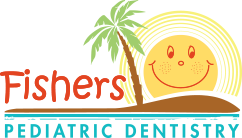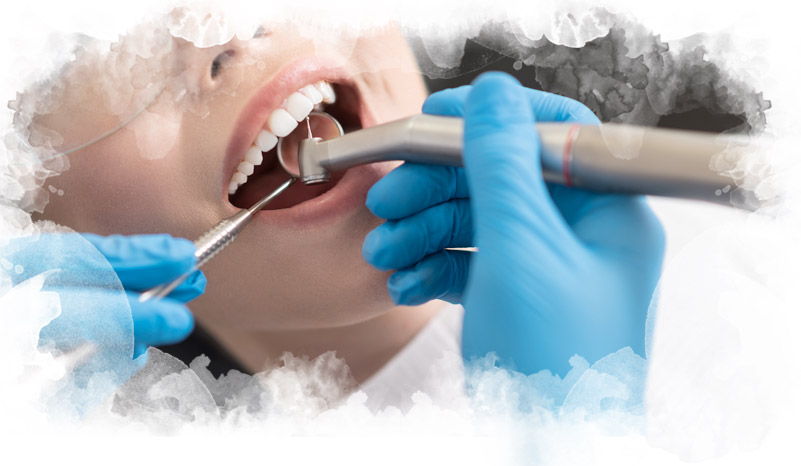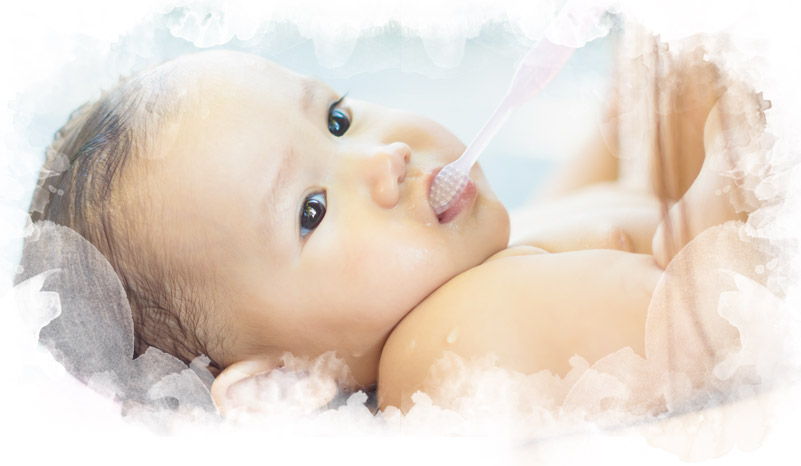Your baby has arrived!
After months of waiting and wondering, your precious baby is here! There are several dental concerns every parent should know. Here is a guide to help your child grow a healthy smile.
Your baby might have a surprise for you, a tooth! Natal teeth are teeth a child is born with and neonatal teeth erupt in the first month of life. Both are uncommon and should be examined by a pediatric dentist
Your child will find ways to sooth himself/herself, an important part of developing. Common methods are thumb sucking and pacifiers. Both are very comforting and will last for several years of life. If these habits are prolonged for too long they can have negative effects on the development of your child’s mouth. It is recommended they cease by the age of three. Ask your pediatric dentist for advice on quitting.



